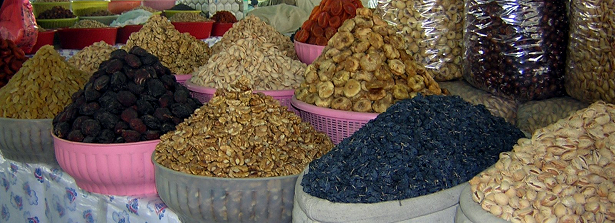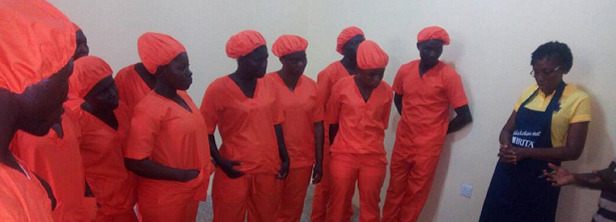Solar drying technology for smallholder farmers in Ghana

Duration: 01 January 2015 – 14 October 2017. This project has been finalized.
Project information
Aim: Catalyze small-scale processing of fruits which otherwise would have gone waste.
Objective: Increasing smallholder farmers income and nutrition.
Method: Researching best suited designs for drying large volumes of fruits and developing technologies for remotely controlling processing parameters. Doing a market intelligence study to try to find potential export market in the Netherlands or Europe.
Country: Ghana.
Dutch policy goals: Increased sustainable agricultural production; Improved access to nutrition; More efficient markets; and A better business climate.
Progress reports
Year 2: The main goal of this project is to develop a low entry-cost automated prototype drying oven. The project has successfully designed, developed and commissioned a low-cost solar drying chamber, made by local artisans and with local materials to process fruits. The drying chamber uses solar as the main energy source but can also be run by Liquified Petroleum Gas (LPG) and is mobile. During this reporting period, a successful second rounds of testing of the installed solar dryer was conducted. The dried samples showed remarkable results in terms of nutritional composition and absence of contaminants of any form. Perhaps the most interesting of all the results achieved during the reporting period is the development of a Micro Mobile Dryers (MMD), also powered by solar for smallholders. This is expected to catalyze on-farm processing, reduce post-harvest losses and offer guaranteed markets to thousands of smallholder’s farmers across Ghana.
Final report
Summary of the results: The consortium after combining knowledge and functionalities of assessed dryers during their field trips in 2015 designed, developed and constructed an integrated solar/LPG powered dryer which is capable of drying mangoes and other fruits and vegetables. The dryer, costing just about 50% of the cost of standard commercial fruit dryers was constructed by local artisans using local materials and installed at its current location which is now a known as a central processing unit. A section of a warehouse was converted into a fruit processing factory meeting the required HACCP standards. The first test of the newly installed dryer recorded a temperature of 85℃ and successfully dried 43MT of mangoes and 2MT of pawpaw. The dried fruits were tested at the Kwame Nkrumah University of Science and Technology (KNUST) and the results showed no microbial contamination and also the product had favourable chemical and nutritional composition.
Micro Mobile Dryers (MMD) also powered by solar and LPG were subsequently developed as prototypes. Five protopypes were developed and will be tested during the commerical phase. The purpose of this MMDs was to catalyse farm processing, reduce post harvest-loses from 40% at the baseline to 5%, increae farm level mango income by over 180% and offer guaranteed markets to thousands of smallholder’s farmers across Ghana. New insights in spatial distribution of farms and areas of high incidence of solar radiation was also gained through the development thermo maps showing areas of high and low inident solar radiation.

